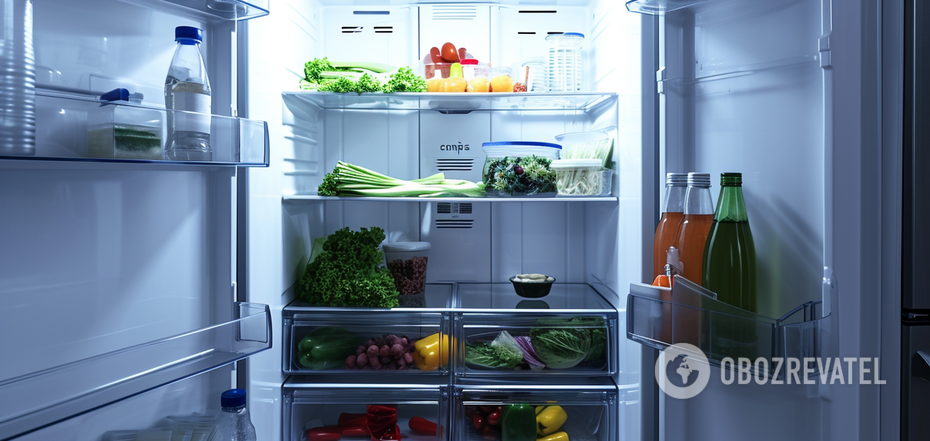Life
Products that should never be stored in the refrigerator: they just take up space
Refrigeration helps keep food fresher for longer by slowing down the growth of bacteria. Neglecting the temperature is dangerous for health. For example, a temperature above 4 °C causes milk, eggs, and meat to spoil.
At the same time, too low a temperature already creates a freezing effect, which is also harmful to nutritional properties. Experts told us that foods should never be stored in the refrigerator.
Bread
Bread starch molecules recrystallize very quickly at low temperatures, so bread goes stale much faster in the refrigerator. It is better to either keep bread products in a bread box or freeze them properly wrapped in special paper.
Raw potatoes
As a rule, potatoes and sweet potatoes should be stored in the pantry. Low temperatures can cause their starch to quickly turn into sugar, resulting in a tougher texture or a sweetish flavor. It is best to store potatoes in a well-ventilated basket or cupboard away from direct sunlight. Plastic bags prevent airflow and accumulate moisture.
Tomatoes
Tomatoes continue to ripen at room temperature, so refrigeration will essentially stop the ripening process and dull the flavor. In addition, the temperature in the refrigerator damages the skin of tomatoes, causing excessive wateriness.
Honey
Low temperatures will cause honey to crystallize. It is better to store it in the cabinet at room temperature.
Avocados
Experts recommend keeping avocados in the refrigerator. When you buy them at the grocery store, they can be somewhat hard and need a few days to ripen before eating. Avocados can only ripen at room temperature, so it's best to keep them away from the refrigerator. The only exception is when the avocado is fully ripe, but you are not going to eat it yet.
Whole watermelons
There is a popular myth that uncut watermelons will last longer in the refrigerator, but in fact, they are best kept in a fruit bowl. Refrigeration will change the flavor, texture, and color. A whole watermelon should be left at room temperature until ripe. You can store it in the refrigerator only after slicing. Be sure to wrap it tightly in cling film or put the pieces in an airtight container.
Garlic
Do not store garlic in the refrigerator. It will have a rubbery texture, and even more, humid conditions will make it prone to mold. Put the garlic in a dry, well-ventilated place and avoid plastic bags - they will only trap moisture and the garlic will quickly spoil.
Strawberries
Strawberries will absorb moisture from low temperatures, which will lead to spoilage or loss of flavor. It is better to store strawberries on the countertop, away from direct sunlight.
Onions
Excessive moisture can lead to changes in structure and mold. It is best to store onions in a well-ventilated basket and in a cool, dark place in the pantry.
Fresh herbs
Fresh herbs quickly lose their flavor in the refrigerator. In addition, low temperatures will add moisture to less hardy herbs, causing them to wilt, dry out, or lose flavor. It is better to store fresh herbs at room temperature.
Bananas
Bananas are best stored at room temperature to aid in the ripening process. Keep them outdoors, away from other fruits and direct sunlight. If bananas are stored in the refrigerator, they are unlikely to ripen properly, and the peel may turn brown or black.
Chocolate
Storing chocolate in the refrigerator can cause it to become "grainy" and lose its flavor. Cocoa butter absorbs flavors and odors, so chocolate can absorb all the flavors in the refrigerator. The sugar in chocolate interacts with moisture, dissolves, and recrystallizes as a white grainy texture on the surface, causing a dusty layer. It is still safe to eat, but the texture may be a bit grainy.
Subscribe to OBOZ.UA Telegram and Viber channels to keep up with the latest developments.



























